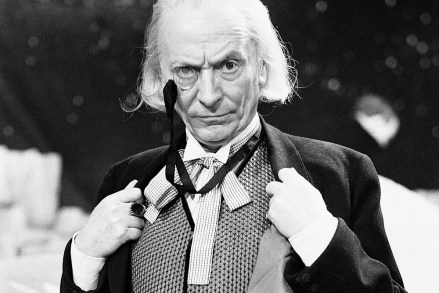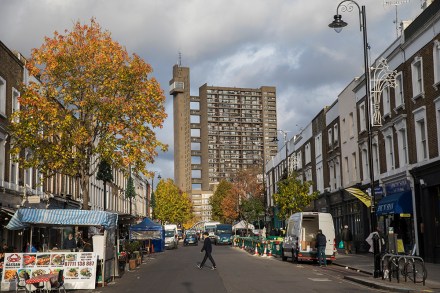Doctor, Doctor: the genesis of a national folk hero
John Higgs begins his foray into the long-standing BBC television science fiction series Doctor Who with a personal anecdote about going to the pub with Tom Baker, the notoriously bibulous actor who played the part of the Doctor from 1975 to 1981 – still longer than anyone else. For me, as for Higgs, Baker was




















